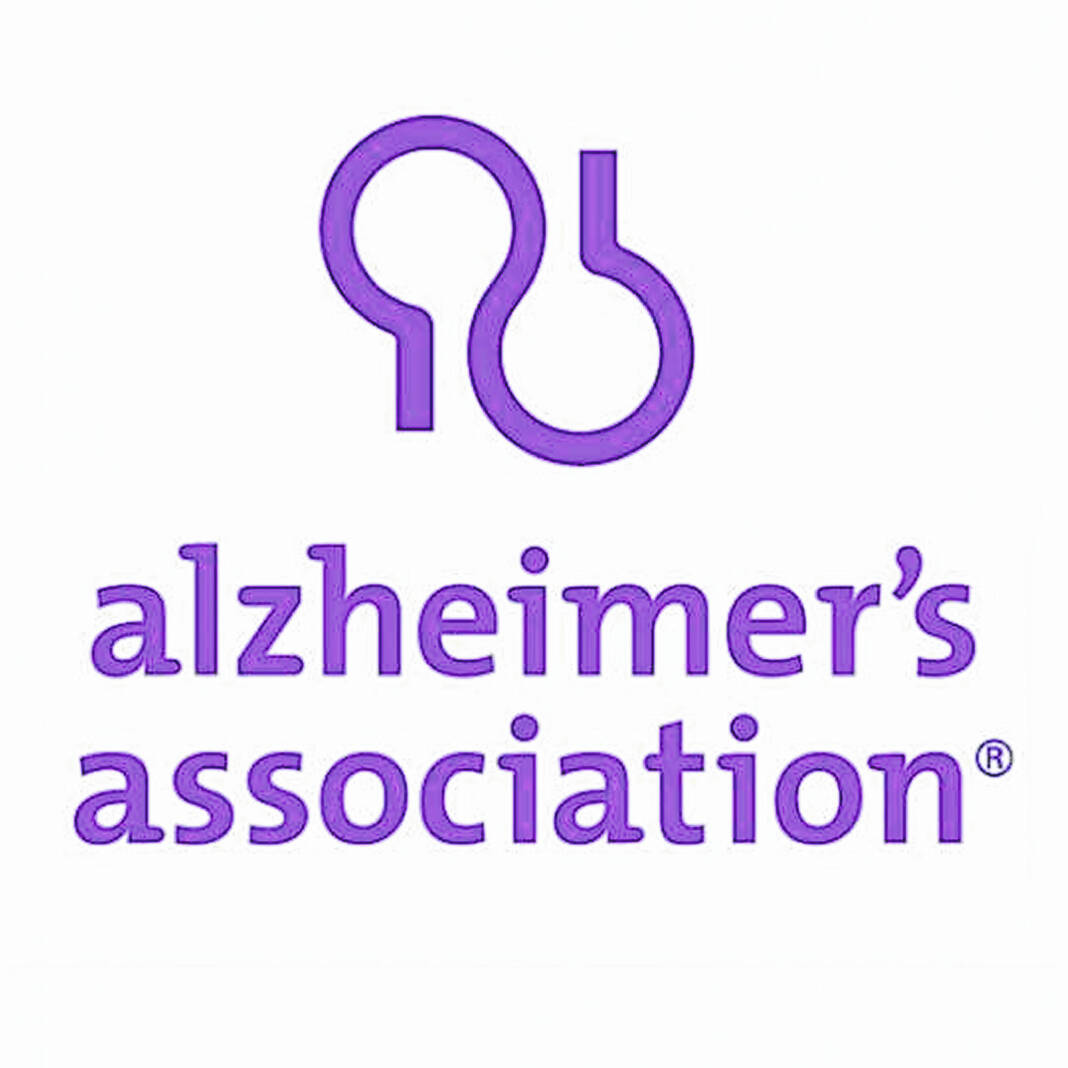
COLUMBUS, Ohio — 2023 was a landmark year for Alzheimer’s disease research, including advancements in treatment, risk factors and diagnosis of Alzheimer’s and other dementias. In this new era of Alzheimer’s treatments, here are five significant discoveries:
• There are three FDA-approved treatments for Alzheimer’s, with a fourth on the way.
In 2023, the FDA granted traditional approval for Leqembi for treatment of mild cognitive impairment. While not a cure, the treatment slows cognitive decline and can give people with early Alzheimer’s more time to maintain their independence.
Back in June 2021, the FDA granted accelerated approval to Aduhelm for the same purpose. In July 2023, Eli Lilly reported positive results for a third treatment, donanemab, in that same population. The company expects FDA action by the end of 2024.
Also in 2023, the FDA approved brexpiprazole for agitation in people with Alzheimer’s disease. This is the first approved treatment for Alzheimer’s-related agitation, which is experienced by about 45% of patients.
• Hearing aids could slow cognitive decline for at-risk older adults.
In the largest clinical trial to investigate whether a hearing loss intervention can reduce risk of cognitive decline, researchers found that older adults with hearing loss, who were at higher risk of cognitive decline, cut their cognitive decline in half by using hearing aids for three years.
The three-year intervention included use of hearing aids, a hearing “toolkit” to assist with self-management, and ongoing instruction and counseling. Researchers found that the hearing intervention also improved communication, social functioning and loneliness.
• Blood tests for Alzheimer’s could improve diagnosis and treatment.
Blood tests show promise for improving how Alzheimer’s is diagnosed. Advancements reported for the first time demonstrate the simplicity — perhaps just a simple finger prick! — and value to doctors of blood-based biomarkers for Alzheimer’s.
Blood tests are being implemented in Alzheimer’s drug trials for further proof of their effectiveness and are incorporated into proposed new diagnostic and staging criteria for the disease. Blood tests — once verified, and approved by the FDA — would offer a noninvasive and cost-effective option in identifying blood-based markers for the disease.
• First-ever U.S. county-level Alzheimer’s prevalence estimates.
The first-ever county-level estimates of the prevalence of Alzheimer’s dementia in all 3,142 U.S. counties were reported in 2023. For counties with a population of 10,000 or more people over 65, the highest Alzheimer’s prevalence rates in Ohio are in Cuyahoga county, followed by Hamilton, Montgomery, Mahoning, Lucas, Franklin and Summit counties.
Research identified certain characteristics that may explain the higher prevalence, which will help public health officials determine the burden on the health care system and pinpoint areas of risk and need.
• Chronic constipation is associated with poor cognitive function.
Approximately 16% of the world’s population struggles with constipation – and even more older adults. Researchers reported that less frequent bowel movements were associated with significantly worse cognitive function.
Compared to those with daily bowel movements, people with bowel movements every three days or more experience three additional years of cognitive aging. These results stress the importance of doctors discussing gut health and constipation prevention with older patients.
There are 220,000 Ohioans aged 65 and older living with Alzheimer’s disease, according to the Alzheimer’s Association “2023 Alzheimer’s Disease Facts and Figures.” That number is expected to increase to 250,000 by 2025. One in three seniors dies with the disease.
Those concerned about themselves or a loved one can contact the Alzheimer’s Association Central Ohio Chapter at 614-457-6003 to schedule a care consultation and be connected to local resources. The Alzheimer’s Association Helpline is available 24/7, 365 days a year to those needing information, guidance or support. To reach the helpline, call 800-272-3900.
Submitted by the Alzheimer’s Association Central Ohio Chapter.

